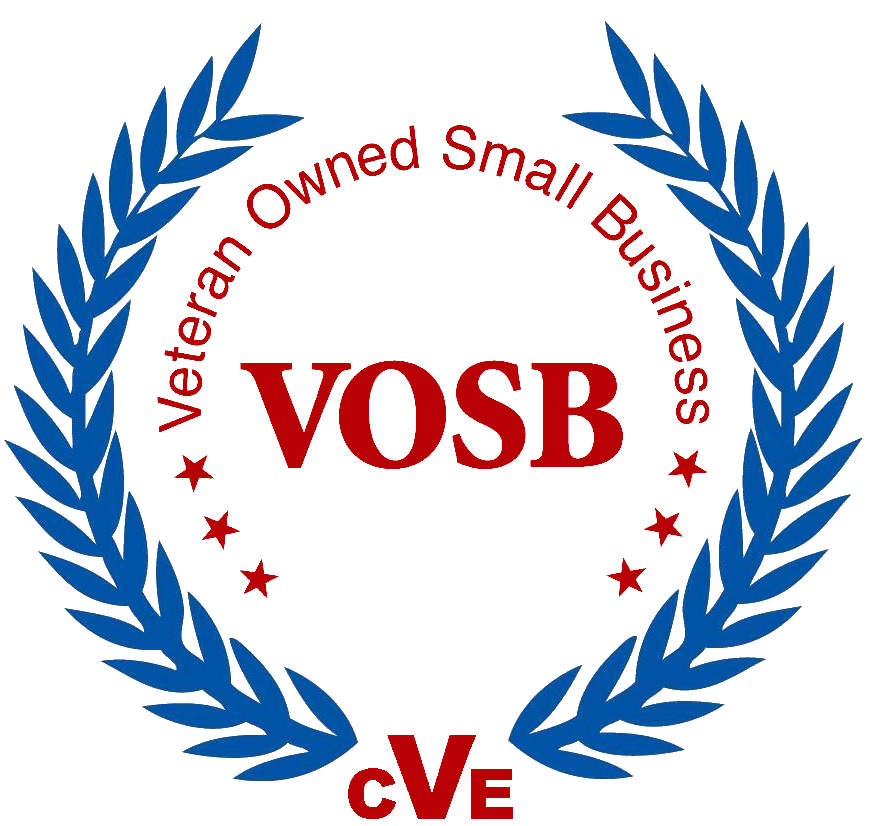FAQs
Q: Do dirty commercial air filters really increase utility costs?
A: Dirty commercial air filters restrict air flow causing an HVAC unit to work harder to maintain sufficient air flow. Dirt also acts as an insulator and can disrupt heat transfer of air flowing through the unit – again causing your united to work harder and using more electricity.
Q: How often do we need to change our industrial air filters?
A: Frequency varies with filter type, the location of your unit as well as other environmental factors. A high temperature air filter has a lifespan that can range from 6 months to 1 year. In addition, the industry you work in also affects the frequency of change outs that are required. For example, restaurants might change an industrial air filter every 4 to 8 weeks. Retail stores might change every 12 weeks, so it all depends on factors that are prominent in your environment including smoke, soot and other airborne contaminants.
Q: What is a MERV 8 Air Filter and Why Are They Popular Commercial Air Filters?
A: MERV is an acronym for Minimum Efficiency Reporting Value and it refers to the efficiency of commercial air filters at its lowest performance level. ASHRAE, or the American Society of Heating, Refrigerating and Air Conditioning Engineers created this rating system. MERV rating allows consumers to compare an air filter’s ability to eliminate pollutants and determines which filter is most efficient for any specific application. The majority of MERV 8 commercial filters are two-inch, pleated filters that are popular in the United States because of its efficiency in trapping indoor
Q: What maintenance is required with your industrial air filters?
A: There is no maintenance required for the actual air filter, however industrial air filters do need scheduled change outs to keep your air filters working properly; of course depending on your unique application.
Q: How do I know when it is time to change out an industrial air filter?
A: It depends. Are you in a clean and controlled environment indoors? We are referring here to environments like a data center, in which case you want to schedule change-outs of your commercial air filters at least 3 – 4 times a year. On the other hand, if you are in a harsh environment including outdoors or possibly active systems like those used in medical facilities, the frequency of change outs is a lot higher. Your commercial air filters would likely need to be monitored by maintenance sensors that indicate optimal operating parameters for temperature, pressure and air flow. And, when the
Q: Can commercial air filters be recycled?
A: That depends upon the type of air filter you have and it is best to refer to your manufacturer’s or distributor’s recommended specifications.
Q: Why do we need to use an industrial HEPA filter?
A: First, HEPA refers to High-Efficiency Particulate Arrestance and these commercial air filters capture the smallest airborne particles classified as sub-micron in size and as a result, provide better health benefits.An industrial HEPA filter is rated by using efficiency values at most penetrating particle size (MPPS). These efficiencies can range from a low level of 99.97% at 0.3 micron to a high efficiency level of 99.9995% at 0.12 micron. This makes these commercial air filters in a different class than, for example, an HVAC filter. The filters are typically used in semi-conductor
Q: Why use carbon filtration media instead of standard synthetic filtration media?
A: Activated carbon has a large surface area available for absorption and is usually derived from charcoal which has a capacity to absorb any vapor contaminant. As a result, this filter is very efficient at absorbing most odors. It also has a large capacity to collect organic molecules such as solvents. Also, activated carbon commercial air filters can absorb and retain a wide variety of chemicals at the same time. These filters also work well under a wide range of temperature and humidity conditions.
Q: What is the best industrial air filter for hospitals?
A: Air filtration in health are facilities is of extreme importance. Your application must provide very high levels of protection against airborne infectious contaminants. Energy savings as well as flexible air filtration systems for operating rooms is also a high priority. In this case, it is best to call AFC and have us assess your facility and make the appropriate recommendations.
Q: How do we determine what criteria to decide on the best industrial air filters for our company equipment and people?
A: For office buildings in general, a standard pleated commercial air filter will be sufficient – but it depends upon your environment. Again, it is best to call AFC and tell us what your requirements are so we can recommend the best air filters for you
Q: Is there a warranty with your industrial air filter?
A: Different filters have different warranties. Because AFC is a distributor to several high-end commercial air filter manufacturers, it is important to speak with us directly so we can let you know about specific warranties.
Q: How does AFC ensure the quality of your industrial air filters before they are shipped?
Our manufacturers have strict Quality Control guidelines that must be met before any product is shipped to AFC. In addition, AFC will also inspect your commercial air filters prior to shipment.


